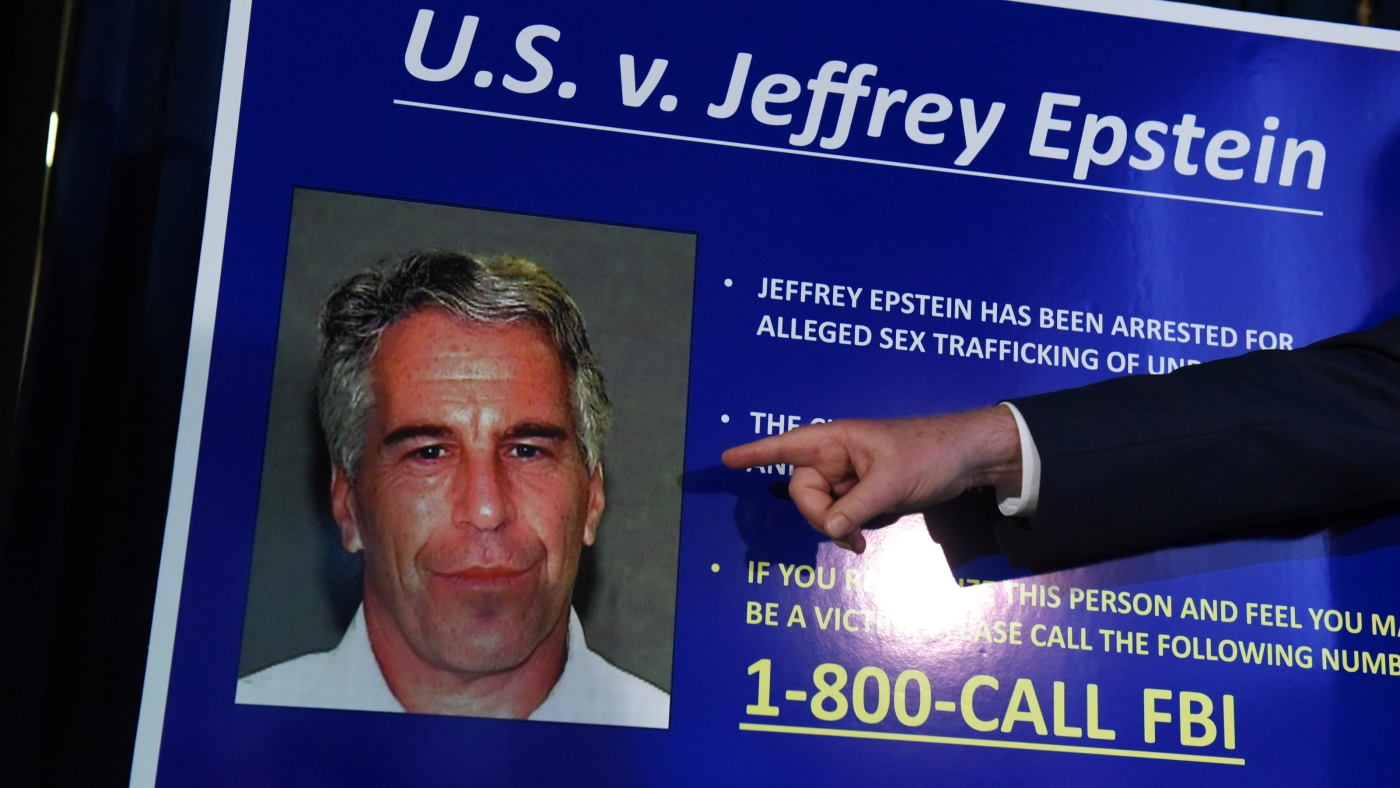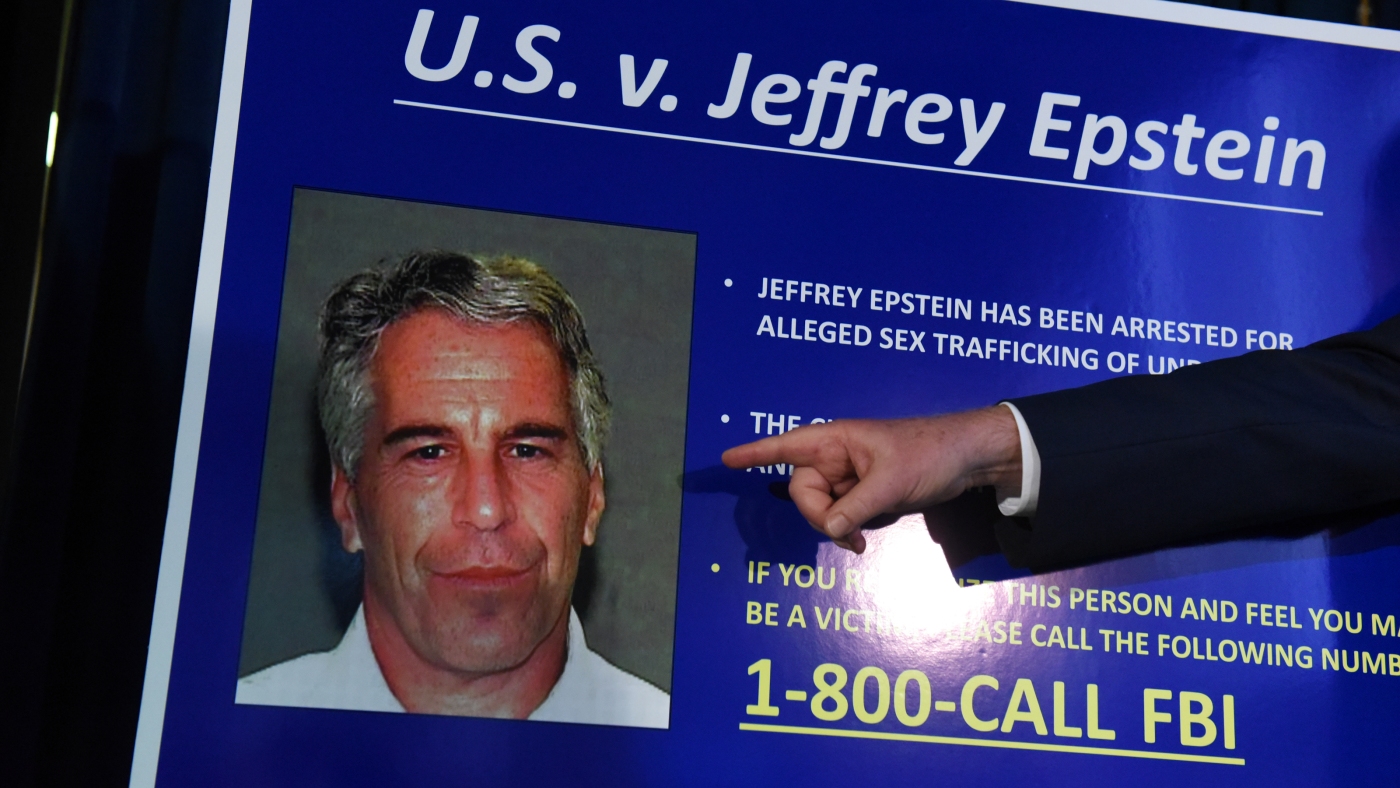Unraveling the Complexities of Justice, AI, and the Epstein Legacy in 2025
A Nation at a Crossroads
The summer of 2025 finds the United States at a critical juncture, where the shadows of past scandals intersect with the promise and peril of technological advancement. The renewed scrutiny of the Jeffrey Epstein case, President Trump’s unveiling of a new Artificial Intelligence (AI) order, and the legal ramifications surrounding Ghislaine Maxwell create a multifaceted narrative that reflects the nation’s ongoing struggle with power, accountability, and the ethical implications of innovation.
The Epstein Files: A Quest for Transparency
The Jeffrey Epstein case, which first captured national attention in 2019, remains a focal point of public and political discourse in 2025. Despite Epstein’s death, the demand for transparency and justice persists, driven by the belief that his network of associates and alleged crimes extend far beyond what has been publicly disclosed. The Justice Department’s decision to re-engage with Ghislaine Maxwell, Epstein’s former associate and convicted sex trafficker, signals a renewed effort to uncover the truth.
The House Oversight Committee’s subpoena of the Department of Justice for Epstein-related files underscores the bipartisan nature of this pursuit. While some critics argue that the investigation is politically motivated, the committee’s actions demonstrate a broader commitment to transparency and accountability. The motivations behind the subpoena are complex, ranging from genuine efforts to seek justice for victims to political calculations aimed at exposing wrongdoing or damaging political opponents.
Ghislaine Maxwell: The Key to Unlocking the Past
Ghislaine Maxwell’s role in the Epstein saga is undeniable. Her close association with Epstein, her conviction on sex trafficking charges, and her potential knowledge of other individuals involved in the alleged crimes make her a crucial figure in the ongoing investigation. The DOJ’s decision to question Maxwell, despite her 20-year prison sentence, suggests that investigators believe she may possess critical information that has not yet been revealed.
The potential focus of the DOJ’s questioning could encompass several areas, including Maxwell’s role in the alleged crimes, the identities of other individuals involved, and the inner workings of Epstein’s network. Given Maxwell’s past reluctance to cooperate fully with investigators, the likelihood of significant breakthroughs remains uncertain. However, the DOJ’s persistence in pursuing this line of inquiry reflects the importance of this case in the broader context of seeking justice and accountability.
Trump and the Epstein Controversy: A Persistent Shadow
President Trump’s connections to Jeffrey Epstein have been a recurring subject of scrutiny, particularly in light of the revelation that his name appears in the Epstein files. The Attorney General’s decision to alert Trump to this fact has further intensified the controversy, raising questions about the president’s involvement and the potential implications for his administration.
Trump’s reaction to the DOJ’s outreach to Maxwell has been carefully calibrated, reflecting the political sensitivity of the situation. His initial claim of not being aware of the contact, followed by a later statement calling it “appropriate,” suggests an effort to minimize potential political damage. The controversy surrounding Trump’s involvement in the Epstein saga highlights the challenges of navigating politically sensitive investigations, particularly when they involve high-profile figures.
Trump’s AI Order: Balancing Innovation and Ethics
Amidst the Epstein controversy, President Trump unveiled a new executive order on Artificial Intelligence (AI), marking a significant step in the nation’s approach to this rapidly advancing technology. While the details of the order remain somewhat opaque, it is likely to focus on promoting American leadership in AI development, fostering innovation, and addressing potential national security implications.
The AI order touches on a wide array of issues, including economic competitiveness, workforce development, ethical considerations, and national security. The order’s emphasis on economic competitiveness reflects the growing recognition of AI as a critical technological arena, where the United States must compete with nations like China. The focus on workforce development highlights the need to prepare workers for the AI-driven economy, addressing the potential displacement of jobs and the creation of new opportunities.
Ethical considerations are also a central component of the AI order, reflecting the profound questions raised by the development and deployment of AI. The order may outline principles and guidelines for responsible AI development, addressing issues such as bias, privacy, and accountability. The national security implications of AI are equally significant, ranging from autonomous weapons systems to intelligence gathering. The order may address the need to protect critical AI infrastructure and prevent the malicious use of technology.
The Interplay and Implications
While seemingly separate, the DOJ’s renewed interest in Ghislaine Maxwell and Trump’s AI order are not entirely unrelated. Both events underscore the power dynamics at play in contemporary society. The Epstein case exposes the potential for abuse of power and the challenges of holding powerful individuals accountable, while the AI order reflects the increasing power and influence of technology in shaping our world.
The public’s reaction to these events is likely to be complex and multifaceted. Some may view the DOJ’s actions as a sign of progress towards justice and accountability, while others may remain skeptical, questioning the motives and effectiveness of the investigation. Similarly, the AI order may be met with both enthusiasm and apprehension, as people weigh the potential benefits of technological advancement against the potential risks.
Conclusion: Charting a Course for the Future
The year 2025 presents a complex landscape of challenges and opportunities. The renewed focus on the Epstein case serves as a reminder of the importance of accountability and the need to address past injustices. Simultaneously, the development and deployment of AI present both immense potential and significant risks. Navigating this complex landscape requires a commitment to transparency, ethical considerations, and a willingness to learn from the past as we build the future. The pursuit of justice in the Epstein case and the responsible development of AI are not mutually exclusive goals; rather, they are interconnected aspects of a broader effort to create a more just, equitable, and prosperous society.








